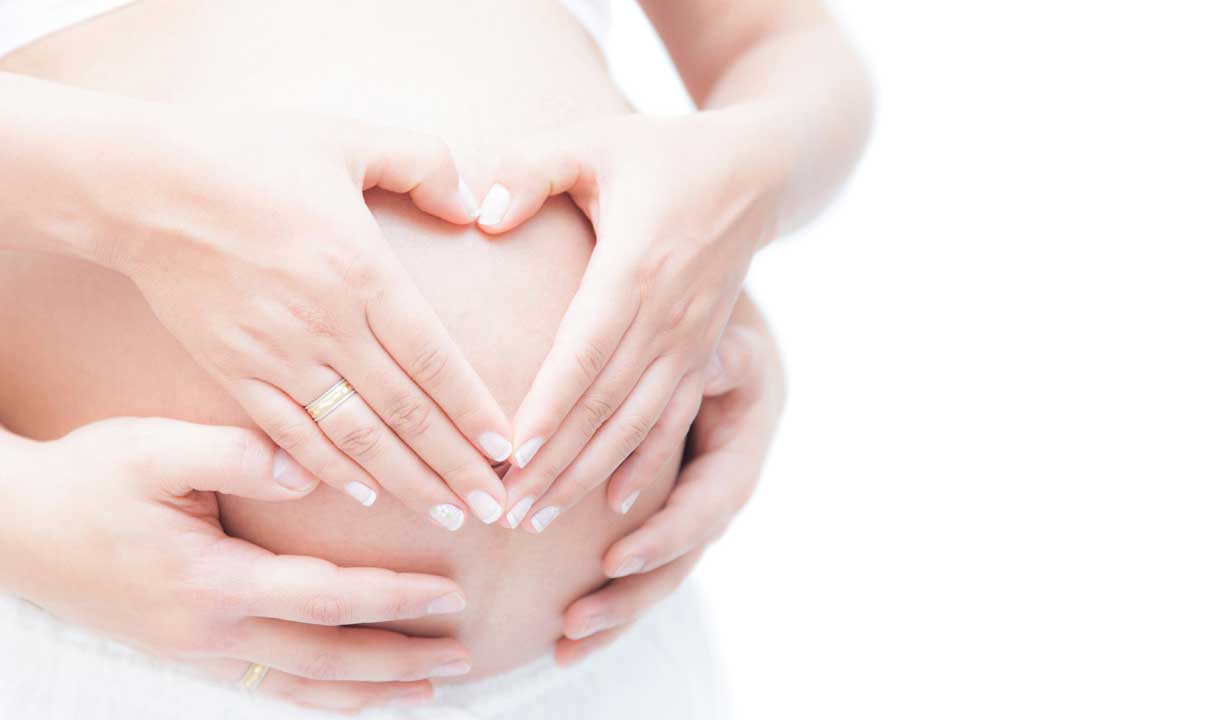Fertility Factors for Life
“One in six Australian couples has infertility problems”
Infertility is the inability of a couple to conceive after a year of unprotected intercourse, or the inability to carry pregnancies to a live birth.
Many couples suffering infertility problems can be successfully treated with lifestyle changes, or medical or surgical interventions. For a fertile couple in their twenties having regular unprotected sex, the chance of conceiving each month is only 25%. Infertility is shared equally among men and women.
Common causes of infertility
Causes of infertility are many and varied and involve male, female or a combination of factors. These include problems with:
- the production of sperm or eggs
- the structure or function of male or female reproductive systems
- hormonal and immune conditions
- sexually transmitted diseases such as chlamydia
There are degrees of infertility. The majority of infertile couples are actually sub-fertile – they produce eggs and sperm but have difficulty conceiving due to disorders such as hormone imbalances and problems of the reproductive tract. Cases of total infertility, where no eggs or sperm are produced, are rare.
Key factors affecting fertility
- Age
- weight
- smoking
- alcohol use
- timing
- nutrition
- caffeine consumption
- exposure to certain toxins.
The Your Fertility website (https://www.yourfertility.org.au) contains information on fertility, including information on factors affecting fertility. By paying attention to certain lifestyle factors, the chances of fertility and having a healthy baby are improved.
A woman’s age is the number one factor affecting a couple’s likelihood of conceiving, as the number of healthy eggs your ovary contains will dramatically decline as you age – especially once you are over 35.
Key ways to improve fertility
-
Stop Smoking
– Men and women who smoke often take longer to conceive than those who do not smoke.
– Women who are exposed to other people’s smoking are at increased risk of infertility.
– Male and female smoking significantly reduces the chance of conception and live birth rates, as well as increasing the risk of miscarriage.
Your friendly local pharmacist can discuss the risks of smoking with you and provide advice on strategies, information and treatments such as nicotine replacement therapy to help with quitting smoking.
- Limit caffeine intake to 1–2 cups of coffee per day.
- Not drinking alcohol is the safest option for women who are pregnant or planning to become pregnant. Alcohol can affect both male and female fertility.
– In men alcohol can cause impotence, reduced libido and affect sperm quality.
Heavy drinking can reduce the chances of having a healthy baby.
-
Exercise
The Your Fertility website has information on the impact of exercise on fertility.
– Regular moderate exercise is beneficial for both men and women
– Moderate regular exercise can improve fertility
– High intensity and high-frequency exercise may reduce fertility
– A healthy body weight improves the chance of conceiving
– Aim for at least 30 minutes of physical activity every day
– Talk to your doctor about the best types of physical activities and exercise for you.
-
Monitor your menstrual cycle
Women can keep a daily record of their menstrual cycle to help recognise when they are more fertile in order to plan a pregnancy. The Your Fertility website has an online ovulation calculator and a tool to help you gauge your fertility potential.
At Fresh Therapeutics our pharmacist can advise on key fertility factors. They can provide you with products used to monitor your menstrual cycle in order to help you recognise the ‘fertile window’ – the best time to try and conceive. This is different for every woman.
In addition, we provide the Pharmaceutical Society of Australia’s Self Care Fact Cards on titles including; Pregnancy and ovulation and Menstrual chart, as well as lifestyle topics such as Alcohol, Staying a non-smoker, and Weight and health. We also stock and provide advice on a range of vitamins and minerals for the pre and post conception period.
Acknowledgement: Pharmaceutical Society of Australia Self Care Health Column

